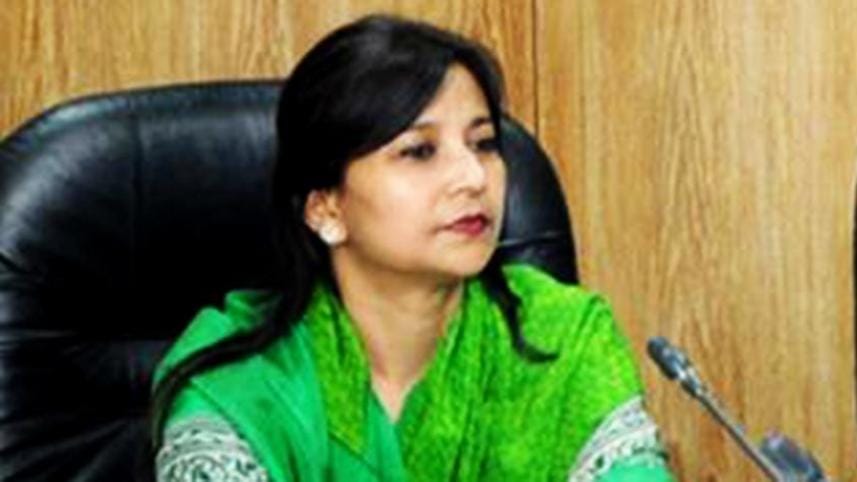Media centre to be opened to provide polls info: Tarana

The Information Ministry is all set to launch a media centre at Pan Pacific Sonargaon hotel in Dhaka city to provide election related information from December 29-31.
State Minister for Information Tarana Halim came up with the announcement at her secretariat office today.
The media centre will remain open for 24 hours where seven officials will perform duty in three shifts each.
Bangladesh Television will live telecast election results provided by the Election Commission (EC) through digital screen at the media centre. Besides, the updates of the commission will also be displayed on the screen, said Tarana.
Besides, a total of nine officials will perform duty in each shift of the 'Rumor Identification Cell' from December 29-30, she said adding that media will be informed about the election related rumours.
The junior minister also said the officials of the Press Information Department (PID) will also be at the airport to assist the foreign observers.
The foreign embassies in Dhaka will also be informed about the media centre through letters so that they can contact for any information required.



 For all latest news, follow The Daily Star's Google News channel.
For all latest news, follow The Daily Star's Google News channel.
Comments